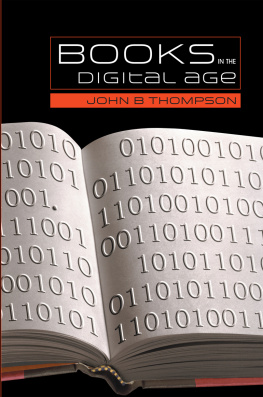Thank you for buying this ebook, published by NYU Press.
Sign up for our e-newsletters to receive information about forthcoming books, special discounts, and more!
Sign Up!
About NYU Press
A publisher of original scholarship since its founding in 1916, New York University Press Produces more than 100 new books each year, with a backlist of 3,000 titles in print. Working across the humanities and social sciences, NYU Press has award-winning lists in sociology, law, cultural and American studies, religion, American history, anthropology, politics, criminology, media and communication, literary studies, and psychology.
Planned Obsolescence
Planned Obsolescence
Publishing, Technology, and the Future of the Academy
Kathleen Fitzpatrick


NEW YORK UNIVERSITY PRESS
New York and London
www.nyupress.org
2011 by New York University
All rights reserved
References to Internet websites (URLs) were accurate at the time of writing.
Neither the author nor New York University Press is responsible for URLs
that may have expired or changed since the manuscript was prepared.
Library of Congress Cataloging-in-Publication Data
Fitzpatrick, Kathleen, 1967
Planned obsolescence : publishing, technology, and the
future of the academy/Kathleen Fitzpatrick.
p. cm.
Includes bibliographical references and index.
ISBN 9780814727874 (acid-free paper)
ISBN 9780814727881 (pbk. : acid-free paper)
ISBN 9780814728963 (ebook)
1. Scholarly publishingUnited States. 2. Scholarly electronic
publishingUnited States. 3. Communication in learning and
scholarshipTechnological innovationsUnited States. I. Title.
Z286.S37F58 2011
070.50973dc23 2011024719
New York University Press books are printed on acid-free paper,
and their binding materials are chosen for strength and durability.
We strive to use environmentally responsible suppliers and materials
to the greatest extent possible in publishing our books.
Manufactured in the United States of America
c 10 9 8 7 6 5 4 3 2 1
p 10 9 8 7 6 5 4 3 2 1
Acknowledgments
The spirit of collaboration for which I advocate in this bookcollaboration that extends beyond coauthorship to include a host of reading, reviewing, and project-development practicesis a key aspect of the ethos of the digital humanities, and as such, the list of people to whom I owe a debt of gratitude for the ways that this project developed is extensive.
Without the initial support of the Institute for the Future of the Book, its founder Bob Stein, and the creative and critical folks who have worked there in varying capacities, including Ben Vershbow, Dan Visel, Jesse Wilbur, and Eddie Tejeda, neither this project nor MediaCommons would ever have gotten off the ground.
Similarly, the support and encouragement I received throughout the writing, review, and revision process from New York University Press have made the seemingly impossible happen. Eric Zinner and Monica McCormick repeatedly surprised me not just with their openness to my wacky ideas but their creative thinking about how to press those ideas further than Id have ever imagined. Id also like to extend a particular thanks to Lisa Spiro, one of the two fantastic reviewers whom the press selected for the manuscript; not only was her review thorough, unflinching, and extraordinarily helpful, but she also agreed to participate in our open review experiment, allowing her report to be made public and commentable alongside the manuscript. This generosity is precisely the kind that I hope we can cultivate throughout the profession.
A range of colleagues made crucial contributions to this project, via Twitter discussions, conference conversations, lecture invitations, and general prodding, including Maria Bonn, Maria Bustillos, George Carr, Dan Cohen, Cathy Davidson, Neil Fraistat, Matthew Gold, Alexander Halavais, Jason Jones, Alex Juhasz, Shana Kimball, Matt Kirschenbaum, Kari Kraus, Tara McPherson, Julie Meloni, Nick Mirzoeff, Jason Mittell, Bethany Nowviskie, Gloria Origgi, Phil Pochoda, Katherine Rowe, Abby Smith Rumsey, Siva Vaidhyanathan, Michele White, George Williams, Mark Wollaeger, Paul Young, and Vika Zafrin.
I am also indebted to all of those readers whose comments in the online review process helped me clarify my ideas; I particularly want to single out Cheryl Ball, Natalia Cecire, Barbara Fister, Michael Roy, and Julie Levin Russo for their thoughtful readings. Even more particularly, I thank Amanda French, David Parry, and Dorothea Salo, whose careful attention to the manuscript as a whole, and whose generous contributions to an atmosphere of discussion and engagement, helped make the online review process a terrific success.
Further thanks for making the online review possible go to Christian Wach, who continues to work on the CommentPress system originally developed by Eddie Tejeda for the Institute for the Future of the Book, and who was inordinately patient with a range of annoying questions and problems that I presented him with; I also owe JQuery master Jeremy Boggs a round of thanks for the nifty rollover footnote script he whipped up for me.
This project was started at the end of one sabbatical, wrapped up at the start of another, and largely written during the summers in between. I am grateful to Pomona College for the sabbatical and research support that I have received, and to my students and colleagues there for challenging my thinking about the future of digital publishing. Im especially thankful to Kevin Dettmar, Jennifer Friedlander, Dara Regaignon, and Meg Worley for their support and encouragement in this process. I am also grateful to the NYU Department of Media, Culture, and Communication for its hospitality during the final stages of bringing the manuscript together.
Finally, to my partner in everything, Rick Blackwood: thanks for all of it, and heres to much, much more.
Portions of this book have appeared in somewhat different form in other venues, and thanks are due for the permission to reprint them here:
Part of the introduction is drawn from my essay in the May 2008 issue of PMLA and is reprinted by permission of the Modern Language Association of America; that material has also been published in different form in the winter/spring 2011 ADE Bulletin and is reprinted by permission of the Association of Departments of English.
Part of is drawn from my essay in the winter 2009 issue of Cinema Journal, and an early version of that chapter was published in the fall 2010 issue of Social Epistemology.
An early version of appeared on MediaCommons and in the fall 2007 issue of the Journal of Electronic Publishing.
Early drafts of many of this books arguments appeared on a range of blogs, including Planned Obsolescence, MediaCommons, The Valve, and if:book; thanks to their editors for the platform they provided.
Introduction: Obsolescence
The old stuff gets broken faster than the new stuff is put in its place.
Clay Shirky, Newspapers and Thinking the Unthinkable
In many cases, traditions last not because they are excellent, but because influential people are averse to change and because of the sheer burdens of transition to a better state.
Cass Sunstein, Infotopia
The text you are now reading, whether on a screen in draft form or in its final, printed version, began its gestation some years ago in a series of explorations into the notion of obsolescence, which culminated in my being asked to address the term as part of the workshop Keywords for a Digital Profession, organized by the Committee on the Status of Graduate Students at the December 2007 Modern Language Association (MLA) convention in Chicago. However jaded and dispiriting the grad students choice of obsolescence as a keyword describing their own futures might appear, the decision to assign me this keyword was entirely appropriate. My work has circled the notion of obsolescence for quite a while, focusing on the concept as a catch-all for multiple cultural conditions, each of which demands different kinds of analysis and response. As I said at the MLA workshop, we too often fall into a conventional association of obsolescence with the death of this or that cultural form, a linkage that needs to be broken, or at least complicated, if the academy is going to take full stock of its role in contemporary culture and its means of producing and disseminating knowledge. For instance, the obsolescence that I focused on in my first book,
Next page

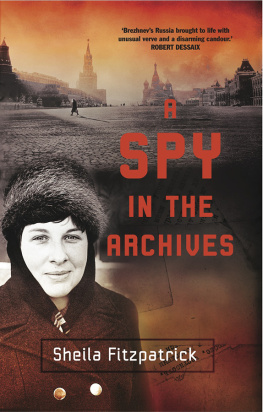

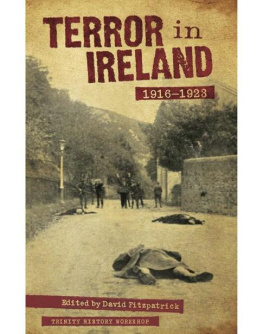


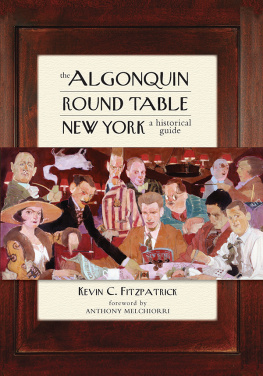
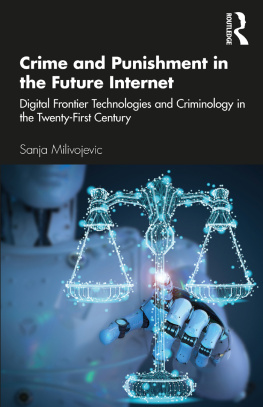
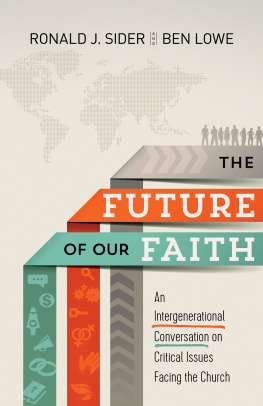
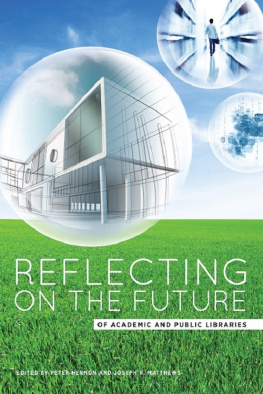

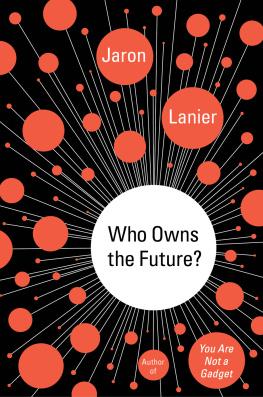
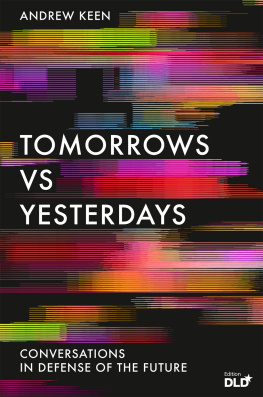
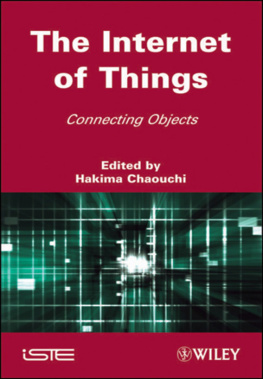
![Heather Fitzpatrick [Heather Fitzpatrick] - Marketing Management For Non-Marketing Managers](/uploads/posts/book/124049/thumbs/heather-fitzpatrick-heather-fitzpatrick.jpg)
